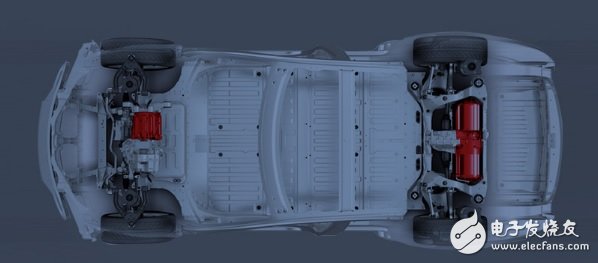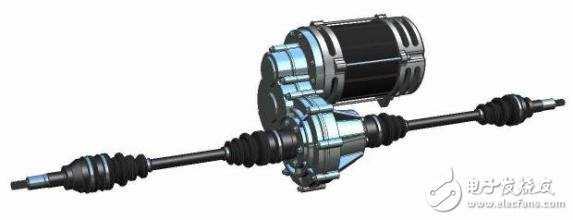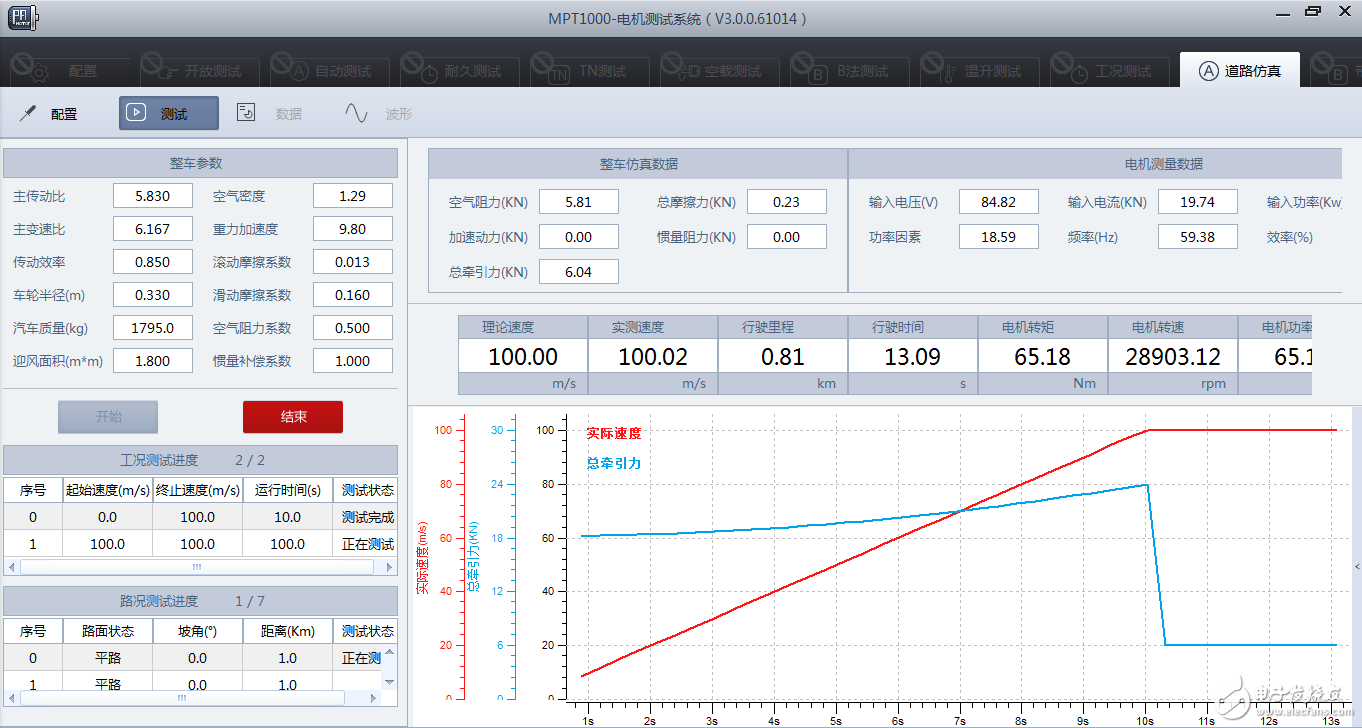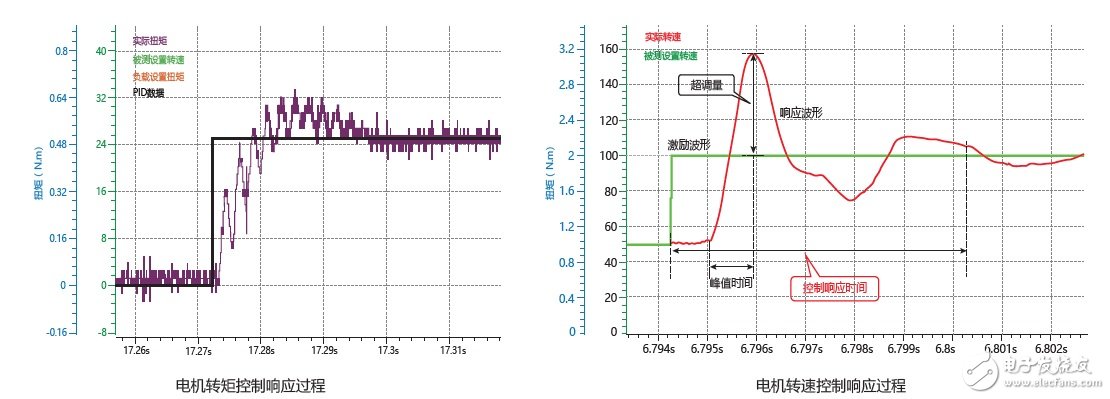Electric motors differ from conventional industrial motors in that they require higher efficiency over a wider range of speeds and new test methods for efficiency testing under new conditions.
In the past two years, the new energy automobile industry has flourished, and more and more enterprises have joined the competition in this industry. As the core driving motor and driver in electric vehicles, their performance directly determines whether the vehicle is competitive. Since Faraday discovered the principle of electromagnetic induction, the motor has developed nearly two hundred years from the very beginning of the prototype, and manufacturers of motor production can be seen everywhere in China.

However, ordinary motors tend to operate only at steady state, and usually only require measurement of efficiency at steady state. For the electric motor, we can easily think of the frequent start, acceleration, braking, and rapid change of the speed in the actual situation. The working range covers almost the speed range. Therefore, for the electric motor, it must be required to rotate at a wider working speed. High efficiency in the range of moments in order to obtain a driving experience and energy consumption indicators.

At present, the national standard for motor testing of electric vehicles mainly comes from the test standards and methods of traditional industrial motors. It is often not enough for the current stage of EV motor testing, and some leading manufacturers in the industry will also develop their own test methods.
The most mainstream of these methods is to build the simulated real EV motor operating conditions in the laboratory. According to the real-time data recorded during the test, the average efficiency of the motor and the driver and the real-time dynamic efficiency are calculated, and the performance of the motor and the driver are analyzed and evaluated.
At present, there are three types of vehicle driving conditions in the world: the US USDC, the European EDC and the Japanese JDC. As a regionally sold vehicle, the cars sold in various countries will be tested for different conditions. In China, there is no standard working condition for manufacturers to test, so building typical working conditions is the first step for every EV motor manufacturer.
There are two common methods for constructing typical working condition data. The first one is to obtain a simulation model of the driving resistance of the vehicle, adjust various parameters, and calculate the real-time torque of the motor. The second type: through the vehicle data acquisition system, will be in various Real-time data running on the road is recorded.

After obtaining the working condition data, the road simulation test module in the MPT motor test platform is used to run in the speed mode, and the speed command is set according to the working condition data. When the torque mode is used, the torque command is also set according to the working condition data. At the corresponding time point, the corresponding load motor speed and the measured motor torque are applied, and the MPT1000 automatically completes the test of the working condition of the motor and the motor under test. At the same time, MPT synchronously records the basic parameters such as voltage, current, power, temperature and waveform of the motor under test, and calculates the instantaneous efficiency in real time and the average efficiency of the selected interval.

Capillary Pressure Gauge,2 In 1 Bi-Metal Thermomanometer,Pump Pressure Gauge,Copper Pipe Manometer
ZHOUSHAN JIAERLING METER CO.,LTD , https://www.zsjrlmeter.com